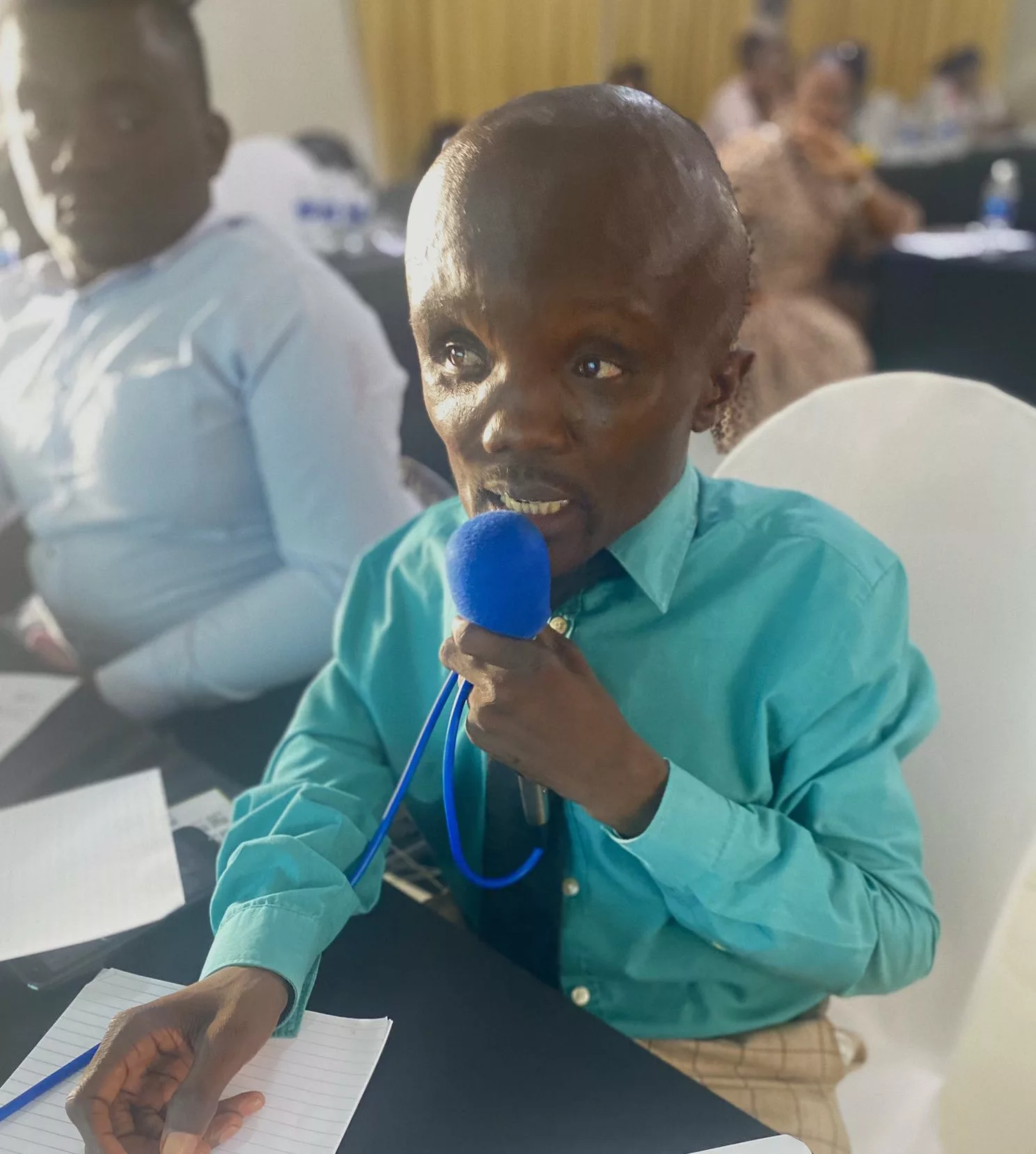|
Getting your Trinity Audio player ready...
|
The African Union Disability Council (ADC) Ambassador, Nyasha Nhau on Tuesday attended a Commonwealth Disability Inclusion Action Plan (DIAP) steering committee meeting where he is mandated with the task of engaging all the 19 Commonwealth countries in Africa, mobilizing them to support the adoption of the DIAP at the Commonwealth Heads Of Governments Meeting (CHOGM) scheduled for October in Samoa.
Nhau encourages Heads of Governments in Africa to support the adoption of the DIAP stating that it has benefits for the countries in the Commonwealth and the disability constituency at large.
“The Commonwealth Disability Inclusion Action Plan (DIAP) is important to Commonwealth State Parties because by supporting the adoption of this DIAP, it will be easier for any government; To advance the rights and wellbeing of millions of PWDs.
“It also helps governments to achieve inclusive economic growth and social development as well as to implement the United Nations Convention on the Rights of Persons with Disabilities (UNCRPD) and the Sustainable Development Goals (SDGs).
“And to the Member States in Africa, the DIAP will help them to implement the African Disability Protocol (ADP),” said Nhau.
As the UNCRPD and APD speak of respecting the rights of PWDs, inclusion, and empowerment issues, Nhau explained how the DIAP seeks to make it easier for the Commonwealth countries to achieve these things.
“The DIAP encourages collaboration across Commonwealth countries to achieve full rights of PWDs. It also provides realistic proposals for achieving human rights, democratic involvement, and the rule of law when it comes to disability.
“One more important thing is that the DIAP is coming in as a guideline to help the environment combat climate change, which is vital for all citizens, especially PWDs,” he explained.
He added that the DIAP “pushes the Commonwealth to support resilient economies for the purpose of disability inclusion in employment.
“The inclusion draft document also speaks about the establishment of a disability monitoring and evaluation framework so that we know where we are coming from, where we are, and of course the direction we are taking concerning disability inclusion, empowerment, and the road to achieving full rights of PWDs.”
The feedback meeting on the DIAP took place on Zoom online meeting, and it was attended by taskforce members of different governments including the United Kingdom, Canada, Australia, Malta, Bahamas, and Pakistan among others, representing their countries in the steering committee, and other key partners also attended.
The proposed Disability Inclusion Action Plan also aims to empower societies to tackle stigma, discrimination, and violence against PWDs.






